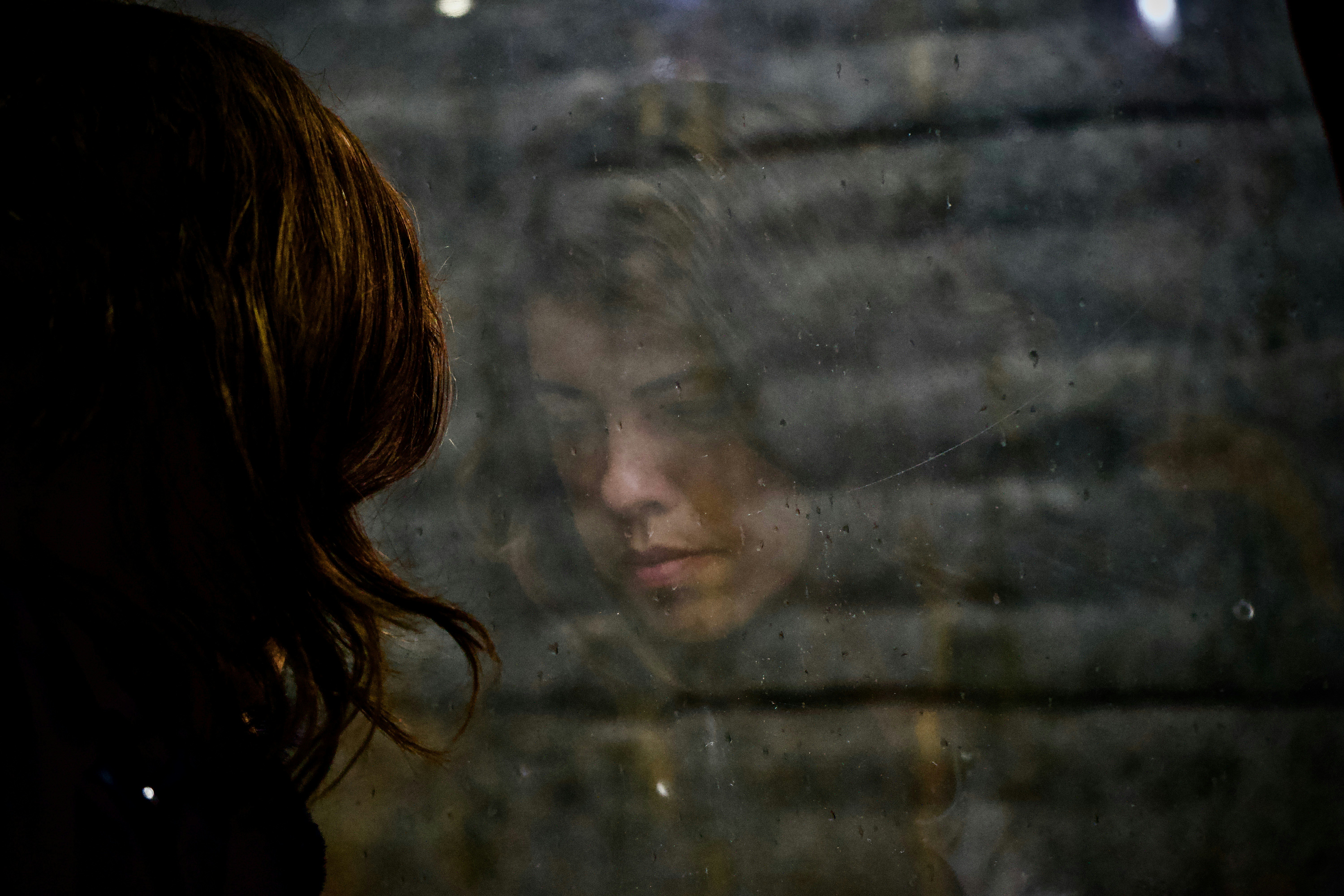Trauma can come from many places. While typically associated with sexual assaults or war, trauma can arise from many types of incidents. Things like being in or witnessing a serious accident, bullying, natural disasters, and losing a loved one can all be classified as traumatic experiences. Some people might have even lived through a traumatic experience without fully realizing that they might have experienced something that could affect them so deeply.
It is estimated by the National Institute on Drug Abuse that as many as 80 percent of women who are currently seeking treatment for addiction have a history of trauma. This number is only based on women that are seeking treatment, and of those women, those who report it – the number could very easily be higher than 80 percent.
The number is likely so high because addiction and trauma often go hand-in-hand due to how traumatic experiences rewire the brain. The immediate effects of a traumatic experience include elevated heart rate, perspiration, and hypervigilance. But there are also longer lasting effects that can completely change how a person thinks, feels, and behaves. Once the danger to the body has passed, symptoms like panic attacks, anxiety disorders, sleeplessness, depression, and flashbacks are likely to occur. In extreme cases, post-traumatic stress disorder (PTSD) may develop.
Women are twice as likely to suffer from PTSD than men ⎼ 10 percent and 4 percent respectively. One reason could be that women are significantly more likely to experience sexual assault or rape, which are two of the major causes of PTSD.
Whether consciously or unconsciously, those suffering from trauma often self-medicate with drugs and alcohol to attempt to numb the pain, deal with survivor’s guilt, or forget what happened. As they start requiring more and more of a substance to experience the same effects, it can lead to a full-blown addiction.
Some people may not know that they are suffering from PTSD, especially if they are unaware or in denial of the impact that the traumatic event has had on them.
Common Signs of PTSD Include:
- Anxiety or panic attacks
- Feelings of shame or survivor’s guilt
- Depression or hopelessness
- Repeated flashbacks or nightmares regarding a specific memory
- Trouble sleeping
- Feeling lonely or detached from others
- Hypervigilance
- Trouble managing emotions
- Excessive worry
- Poor self-esteem
- Chronic fatigue
- Chronic pain
Fortunately, women are more likely than men to seek help after a traumatic event. However, there are several obstacles that women can experience when seeking treatment for both trauma and addiction. According to a study conducted by the United Nations, women’s experience with trauma and addiction treatment is nearly universal.
Common obstacles to receiving appropriate addiction treatment faced by women worldwide include:
Not only do women face challenges seeking treatment, but once they are in treatment they might realize that the treatment is not catered to meet their needs. Addiction treatment programs were initially designed to cater to men’s needs because there was a strong social taboo against women’s use of drugs and alcohol. When more women began seeking treatment for their addiction, it was assumed that the established methods that worked for men would also work for women. In most cases, this is not true.
Because relationships play a major role in women’s recovery, it is important that the treatment they receive addresses this. Family relationships are particularly important. Women who participate in residential addiction treatment often struggle with feelings of guilt that arise from leaving their families and responsibilities in the home behind. It is important that part of women’s addiction treatment deals with self-care and self-worth.
Because women thrive in community settings, it is also crucial for women to be able to establish friendships and a sense of trust in their support groups. This will allow them to more freely open up about their trauma and address the root of their addiction.
Women have different requirements for treatment than men do and, as such, it is important for them to have access to gender-focused treatment. Gender-focused treatment methods allow them to not feel intimidated or judged. It also makes the treatment experience more successful than it might have otherwise been.
Complementary therapies such as EMDR, personal empowerment, and yoga are also particularly beneficial for women in treatment.
While there are obstacles that can make it more challenging for women to receive the treatment they need, it is always important to seek help sooner rather than later. With the right treatment and a strong support system long-lasting recovery is possible.
If you or a loved one is struggling with addiction, Mountainside can help.
Click here or call (888) 833-4676 to speak with one of our addiction treatment experts.

 By
By 







